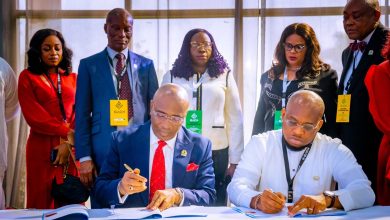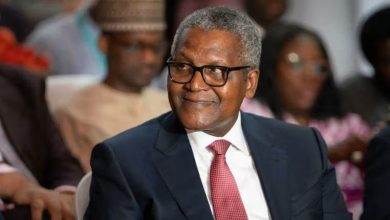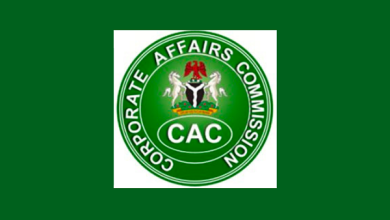Naira Strengthens to ₦1,545 per Dollar in Parallel Market
Naira gains slightly against dollar, offering mild relief amid Nigeria’s ongoing forex market pressure.
Analysts say rising oil revenues, capital inflows, and CBN reforms help strengthen investor confidence.
The Nigerian naira appreciated slightly against the U.S. dollar on Monday, July 15, 2025, offering a modest sign of relief in the country’s ongoing struggle with exchange rate volatility. The local currency strengthened to ₦1,545 per dollar in the parallel market, up from ₦1,550 recorded over the weekend. Similarly, in the Nigerian Foreign Exchange Market (NFEM), the naira appreciated to ₦1,528.65 per dollar from ₦1,532 at the close of trading last Friday.
Data released by the Central Bank of Nigeria (CBN) confirmed that the naira gained ₦3.35 at the official window. Though relatively small, this upward movement is viewed by analysts as an indication of improving sentiment around the local currency. The naira has faced months of pressure due to high demand for dollars, driven by import activity, international travel, investor remittances, and capital repatriation, amid a relatively tight supply of foreign currency.
One notable impact of the naira’s appreciation is the narrowing gap between the official and parallel market exchange rates. As of Monday, the spread dropped to ₦16.35, down from ₦18 over the weekend. This development is viewed as a positive sign by market observers, as a narrower spread often indicates better alignment between supply and demand, suggesting that central bank interventions may be having the intended stabilizing effect.
Analysts attribute the naira’s recent gains to a combination of supportive factors. These include renewed foreign portfolio inflows, improved oil revenues due to stable crude prices, and ongoing efforts by the CBN to restore confidence in the FX market. Since the start of the year, the apex bank has implemented various reforms, including clearing foreign exchange backlogs, revising operational guidelines, and increasing transparency in forex allocation.
The influx of foreign capital, particularly through fixed-income and equity markets, has helped boost dollar liquidity in recent weeks. Additionally, Nigeria’s external reserves have seen marginal improvement, driven by consistent oil production and stronger global oil prices. These gains, though modest, have provided some cushion to the local currency.
However, dealers and economists warn that the currency market remains vulnerable to external shocks, including changes in global commodity prices, geopolitical tensions, and shifts in monetary policy by major central banks. Domestically, inflation, fiscal policy uncertainties, and structural imbalances also continue to weigh on market stability.
Forex traders remain cautiously optimistic but stress that long-term stability will depend on deeper economic reforms. These include boosting non-oil exports, improving trade balances, attracting long-term foreign direct investment (FDI), and building stronger monetary policy credibility.
In the short term, stakeholders expect continued CBN interventions and policy support to maintain the naira’s resilience. Yet, experts agree that sustained recovery will require a multipronged approach combining sound macroeconomic management, market transparency, and increased domestic production to reduce Nigeria’s heavy reliance on imports.
Overall, while Monday’s appreciation marks a welcome development, financial analysts believe the country must remain focused on implementing structural reforms and effective foreign exchange management to achieve sustainable exchange rate stability.



